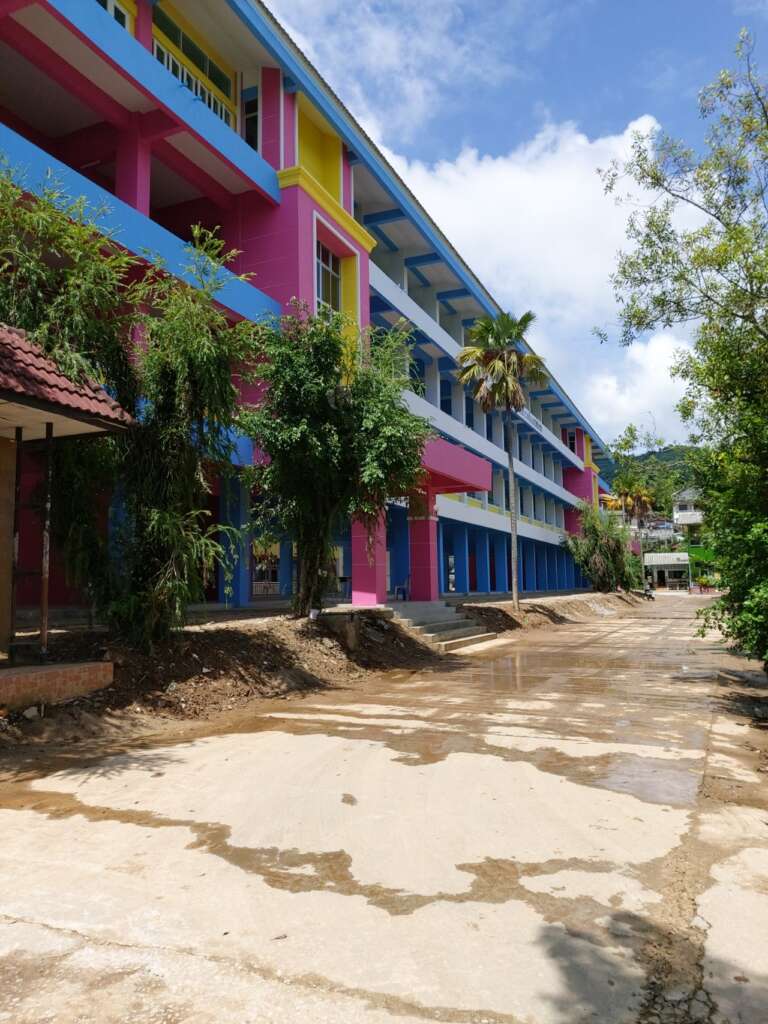If you’re considering a move abroad to teach English as a Foreign Language (TEFL), East and Southeast Asia offer some of the most appealing destinations. In an article on GoOverseas, more than half of the listed best destinations for TEFL jobs were East or South East Asia. These regions provide not only competitive salaries and attractive benefits but also vibrant cultures and rich experiences. In this post, we’ll explore the top five countries for TEFL teachers—China, Thailand, South Korea, Indonesia, and Japan—highlighting their unique pros and cons.
1. China

Pros: China is the largest market for TEFL teachers, with numerous job opportunities spread across its vast territory. Salaries are generally high, especially in tier-one cities like Beijing, Shanghai, and Guangzhou, where they can range from $2,000 to $3,500 per month. The cost of living is relatively low compared to Western standards, allowing for substantial savings. Furthermore, many positions offer additional perks like housing allowances, airfare reimbursement, and health insurance.
Cons: Visa requirements in China can be stringent and bureaucratic. The Z-visa process requires a TEFL certification, a bachelor’s degree, and a clean criminal record, and can involve significant paperwork. Additionally, the quality of life can vary depending on the city; while tier-one cities are modern and convenient, the hustle and bustle can be overwhelming for some.
2. Thailand

Pros: Thailand is famous for its friendly locals, beautiful landscapes, and vibrant culture. The cost of living is low, making it easier to enjoy a comfortable lifestyle on a TEFL salary. Salaries for TEFL teachers typically range from $1,500 to $2,500 per month. Bangkok, Chiang Mai, and Phuket are popular cities for teaching, offering a mix of urban excitement and natural beauty. The Thai education system is generally supportive, and many schools provide assistance with securing a visa and finding accommodation.
Cons: The salary, while adequate, may not be as high as in some other East and Southeast Asian countries, and it might be challenging to save a significant amount. Visa requirements are relatively straightforward, but the process can be slow and sometimes confusing. Additionally, the quality of education varies widely, which can impact your teaching experience.
3. South Korea

Pros: South Korea is renowned for its robust support systems for foreign teachers. Salaries are attractive, typically ranging from $2,000 to $3,000 per month, with additional benefits like free housing, round-trip airfare, and health insurance. The cost of living is moderate, and public transportation is excellent. South Korea offers a high quality of life, with a clean environment, low crime rate, and rich cultural experiences.
Cons: While the visa process is generally straightforward, it requires specific documentation and can be time-consuming. The work culture in South Korea can be quite demanding, with long hours and high expectations, which may not suit everyone. However, many teachers find the experience rewarding despite these challenges.
P.S. we have a wonderful blog highlighting some of the best hikes you can take on your trip to Korea!
4. Indonesia

Pros: Indonesia, particularly Bali and Jakarta, is becoming an increasingly popular destination for TEFL teachers due to its low cost of living and laid-back lifestyle. Salaries for TEFL teachers usually range from $1,200 to $2,000 per month, which, combined with the low cost of living, allows for a comfortable and enjoyable lifestyle. Indonesia offers a rich cultural experience, stunning landscapes, and a warm climate.
Cons: The quality of education and working conditions can vary significantly, especially in more remote areas. Visa requirements are less stringent compared to some other countries, but the process can be bureaucratic and slow. Additionally, salaries might be lower compared to countries like South Korea and China, which can impact your ability to save money.
5. Japan

Pros: Japan is known for its high standard of living, advanced infrastructure, and rich cultural heritage. TEFL teachers can expect salaries ranging from $2,500 to $3,500 per month, with additional benefits such as housing stipends and paid vacation. The cost of living, particularly in cities like Tokyo and Osaka, is high, but the quality of life is exceptional, with efficient public transport, low crime rates, and a clean environment.
Cons: The visa process in Japan can be quite rigorous, requiring specific qualifications and paperwork. Additionally, the high cost of living in major cities can offset the relatively high salary, making it essential to budget carefully. The work culture in Japan can be demanding, with long hours and high expectations, which may not be ideal for everyone.
Conclusion
East and Southeast Asia offer an array of opportunities for TEFL teachers, each with its unique advantages and challenges. China and South Korea stand out for their high salaries and comprehensive benefits, making them attractive options for those looking to maximize savings. Thailand and Indonesia offer a more relaxed lifestyle with lower costs of living, though they come with varying salary levels and visa complexities. Japan provides a high standard of living and competitive salaries but requires careful budgeting due to its high cost of living.
When choosing a destination, consider your personal preferences and career goals. Whether you’re drawn to the bustling cities of China and South Korea, the cultural richness of Thailand and Indonesia, or the advanced infrastructure of Japan, East and Southeast Asia promise a rewarding and enriching experience for TEFL teachers.
The post The best countries for TEFL careers in East/ South East Asia appeared first on myTEFL.
Where does this post come from?
This post was originally published at The best countries for TEFL careers in East/ South East Asia on the MyTEFL Website.




